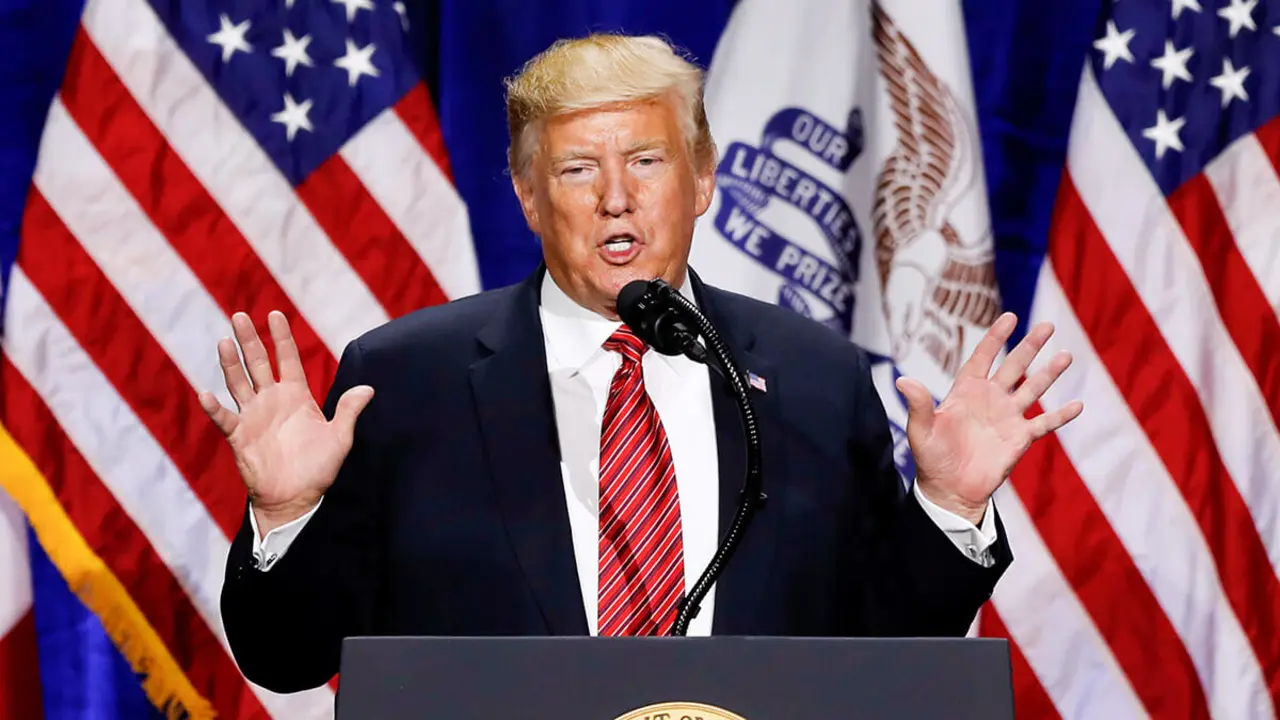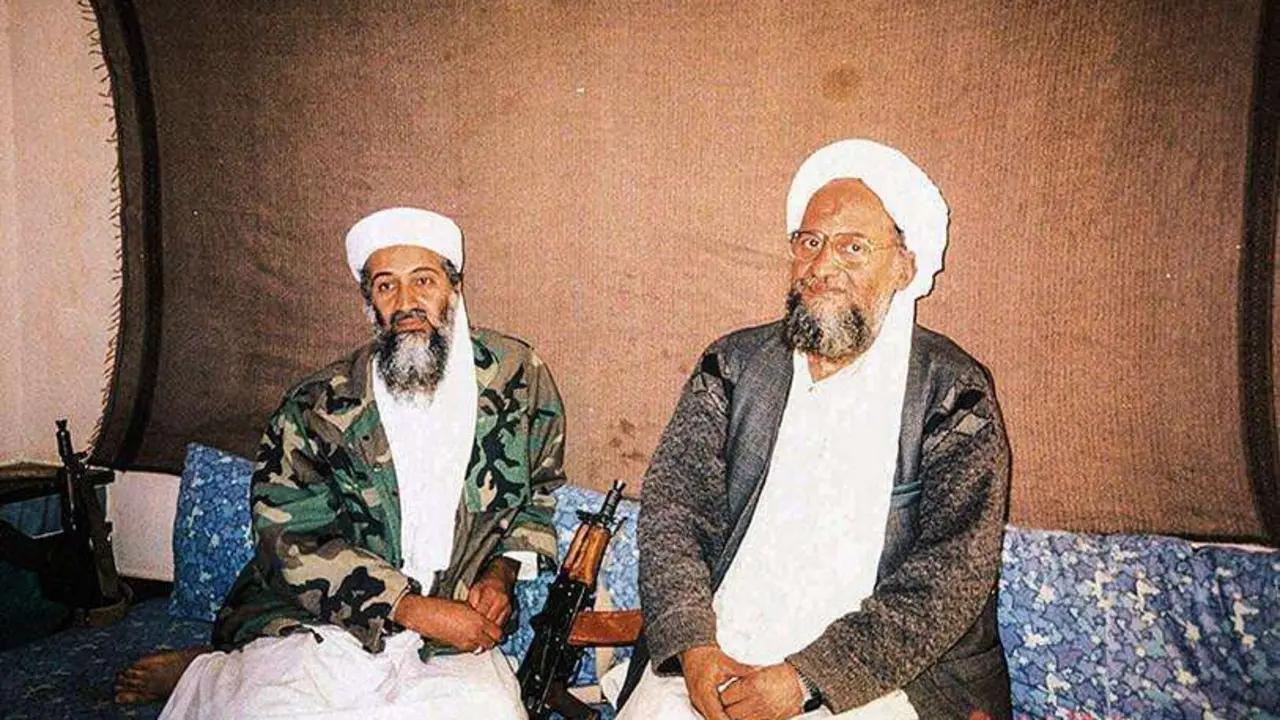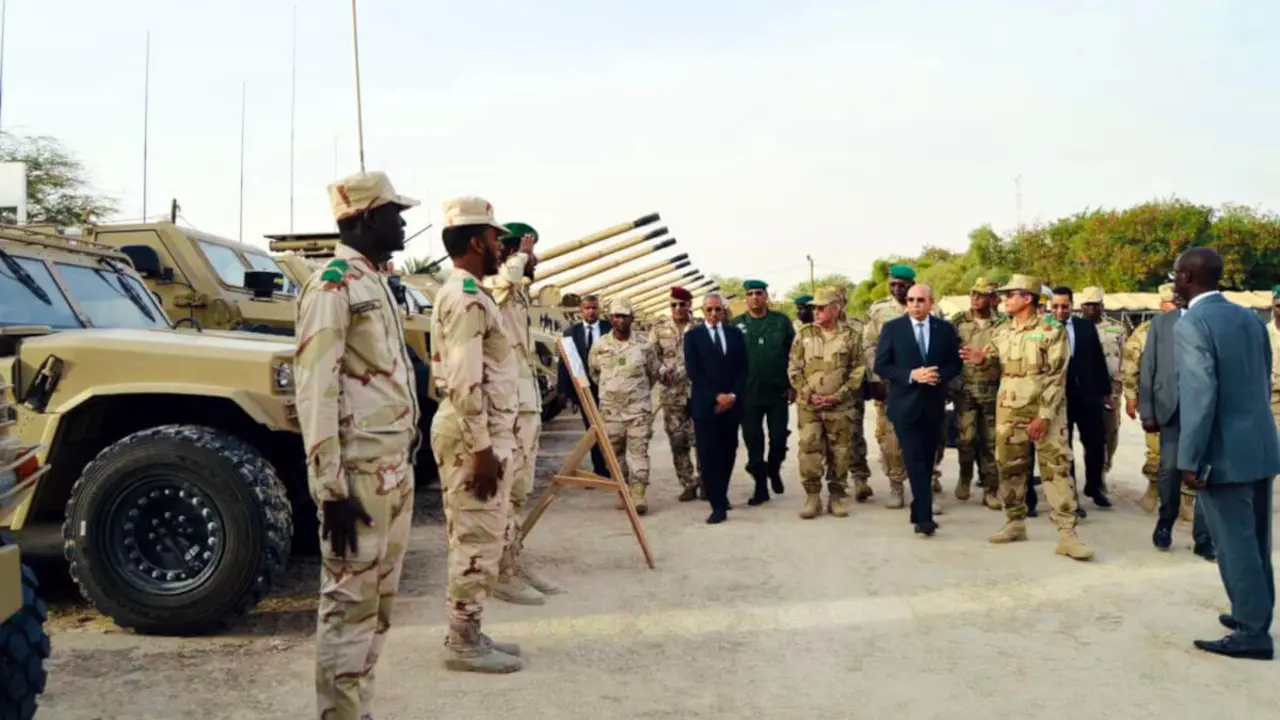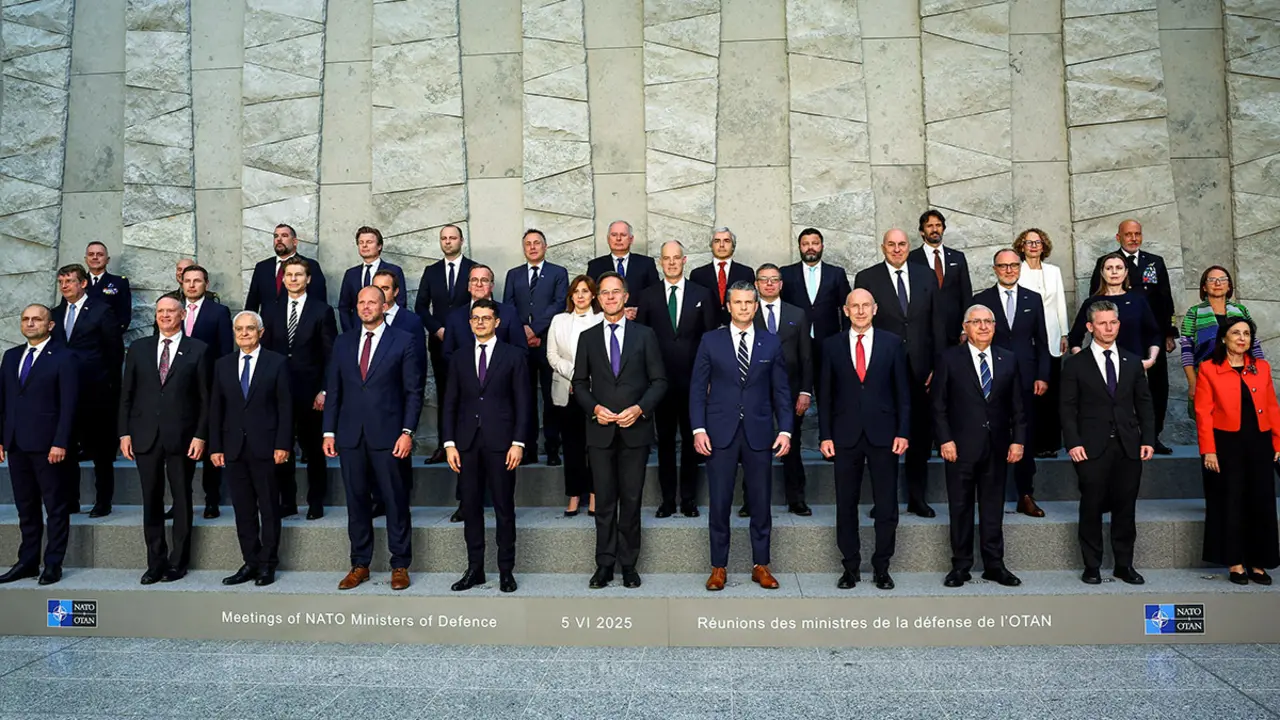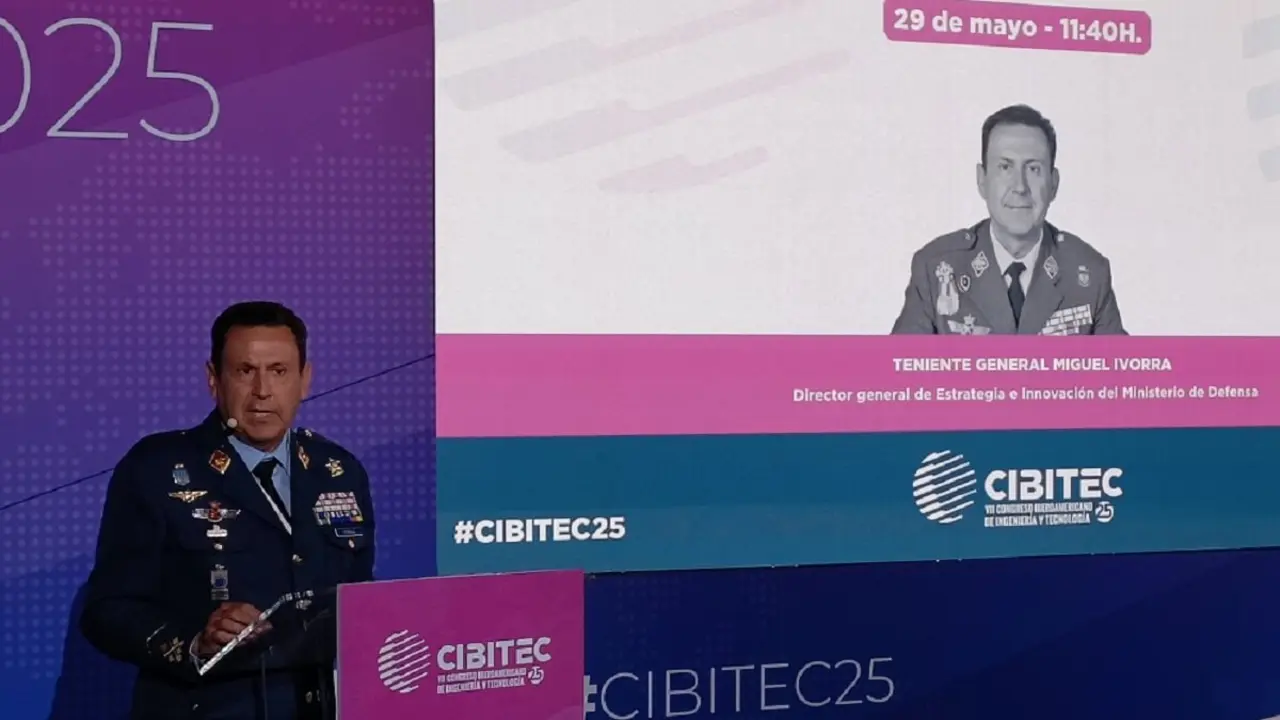Scholz, Macron and Draghi arrive in Kiev to meet with Zelenski
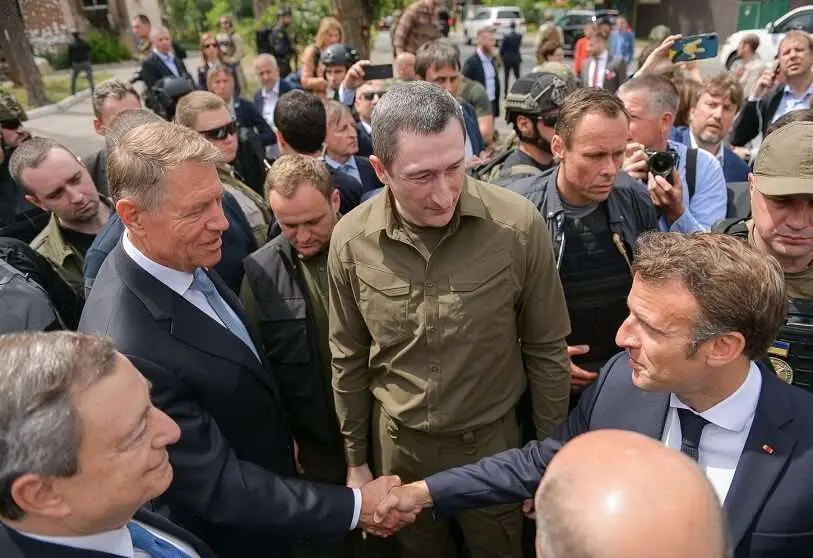
German Chancellor Olaf Scholz, French President Emmanuel Macron and Italian Prime Minister Mario Draghi travelled to Kiev on Thursday to meet with Ukrainian President Volodymir Zelenski. This is the first time that the leaders of these three countries have travelled to Kiev since the invasion began on 24 February.
Kiev's objectives for this visit are clear. On the one hand, to send supplies of heavy weapons and the support of all available arms industry resources of the European armies. On the other hand, a clear commitment that Ukraine will obtain the status of candidate country for EU membership and that the European Council will unanimously adopt this decision. These requests have been reiterated on several occasions by Zelenski and also by Ukraine's own ambassadors in these countries, such as Andrij Melnyk in Germany.
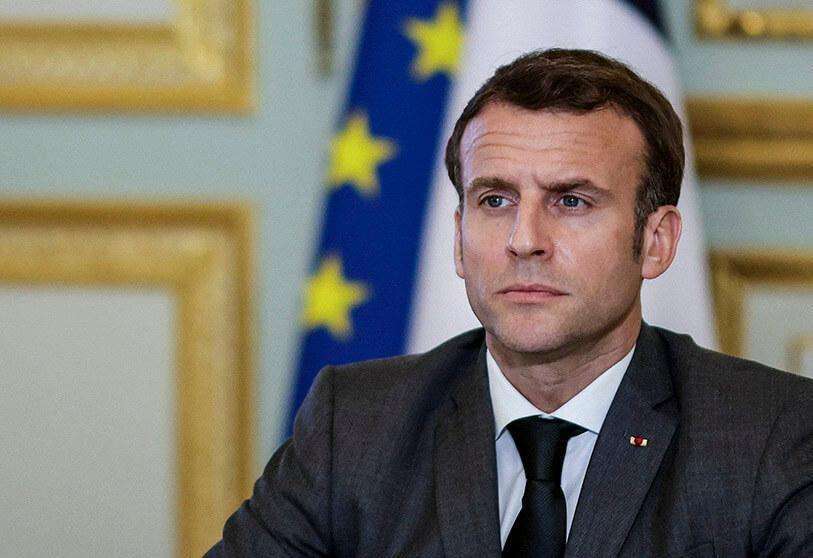
However, these are very compromising requests for Scholz, Macron and Draghi to accept. Sending heavy weapons is something that puts NATO on alert because of the potential for direct confrontation with Moscow, and Ukraine's membership of the European Union is something that depends strictly on all member states, not just the European Commission.
The constraints of this situation meant that the three leaders prepared for the meeting with Zelenski on the very train they were travelling on from Poland to Ukraine. On their arrival in Kiev at around 8.30 a.m., the three leaders were awaited in a station full of Ukrainian soldiers, where the Ukrainian Minister for European Integration, Stefanishyna Olha, was also waiting. "This is an important moment. It is a message of unity that we are sending to the Ukrainians," Macron said on his arrival in Kiev. For his part, the German chancellor said that they are not only seeking to show solidarity, but also "to ensure that the aid that we are organising, financial, humanitarian, but also when it comes to weapons, will continue".
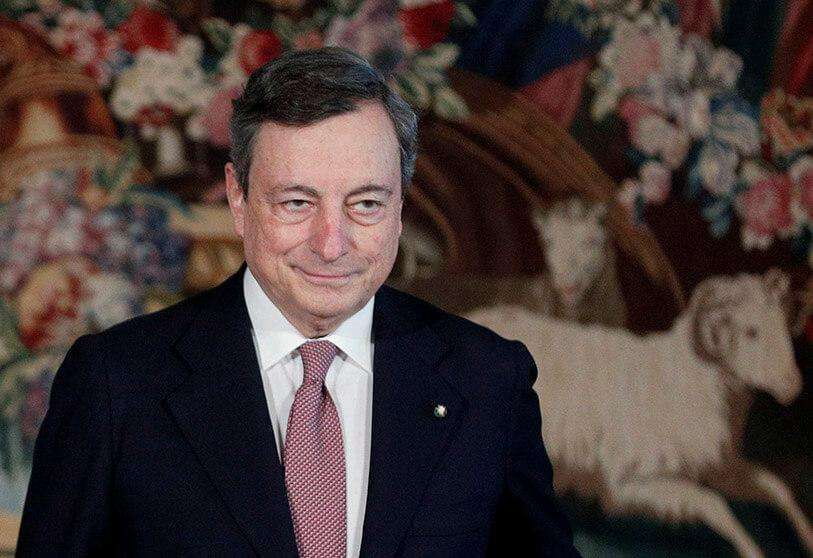
For the moment, Scholz, Macron and Draghi are visiting the town of Irpin, on the outskirts of Kiev, before meeting with Zelenski. This is expected to be followed by a press conference and a tour of the most damaged areas of Kiev. Romanian President Klaus Iohannis, who is travelling from Bucharest, is expected to join the visit.
The meeting will not overlook the tension in recent days between France and Germany and Ukraine. Macron and Scholz's phone calls to Russian President Vladimir Putin have caused some suspicion in Kiev, especially because of the French leader's allusion to "not humiliating Russia". These differences were already apparent when Zelenski refused to allow German President Frank-Walter Steinmeier to visit Ukraine.

The visit by representatives of Europe's big three economies also comes at a key moment. This Friday the European Commission, chaired by Usula Von der Leyen, who also visited Kiev weeks ago, is expected to make a statement on granting candidate country status to Ukraine. However, it is the leaders of the EU-27 who have the final say, which is expected to be known at the European Council meeting on the 23rd and 24th of next month. This meeting will be followed by the planned G-7 meeting in Berlin and the NATO summit in Madrid.


